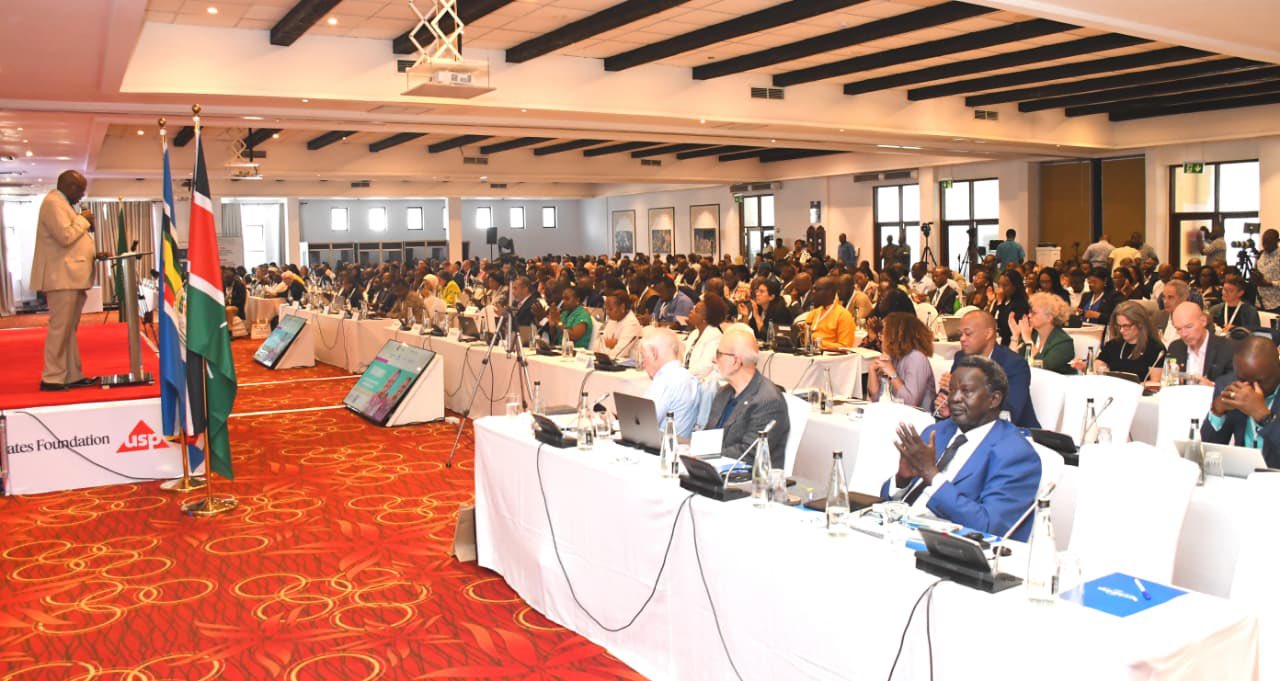Across the continent, biomedical research funding and health-service budgets have been slashed, leaving millions of people vulnerable, and many health-care workers and researchers without employment or resources.
This dependency on external donors has exposed Africa’s fragility in health-product regulation and access.
At the same time, Africa’s rapid population growth, accelerating urbanisation and emerging health-risk profile place further pressure on regulatory systems.
In cities, wealthier neighbourhoods demand high-quality medicines and services, while in poorer districts dense populations, inadequate sanitation and polluted environments drive infectious and non-communicable disease burdens alike.
By 2100, Africa is projected to host 13 of the world’s 20 largest cities—making the regulatory challenges all the more urgent.
In this context, the AMA is more than just another agency—it is emblematic of whether Africa can take control of its scientific and regulatory destiny.
If the AMA succeeds in ensuring that drug-testing models and clinical-trial frameworks reflect African biology, that African genomes are built into early drug-discovery pipelines, and that trials conducted on the continent abide by the highest scientific standards, then the health of billions of people of African ancestry could be significantly improved.
Moreover, by closing the representation gap in global research and linking genetic variation to disease and treatment more accurately, Africa could help reshape international standards in drug development and clinical trials.
Furthermore, pharmacogenomics studies show that Africa’s genetic variability is consequential for personalised medicine.
African individuals carry millions of genetic variants not found in other populations, yet many of the cell lines, organoid systems, liver microsome models and pre-clinical tools used globally derive from European-ancestry samples—limiting their relevance for Africans.
With the AMA now officially operational at its headquarters in Kigali, Rwanda, its mandate includes coordinating joint reviews of clinical-trial applications, harmonising medical-product regulation, streamlining active-pharmaceutical-ingredient inspections and working across countries to identify substandard and falsified medical products.
That operational start is timely given the regulatory and health-system pressures that Africa faces—and the conference in Mombasa offers a platform for regulators, researchers, manufacturers and policymakers to align on this new agenda.
The AMA’s launch marks a watershed moment in Africa’s quest for health-product sovereignty and research self-reliance.





